RESUL POOKUTTY ON HIS OSCAR TRIUMPH AND JOURNEY AHEAD
by ASJAD NAZIR
INDIA may have the most prolific film industry in the world, but the country has only ever had four individuals who have won a competitive Academy Award and one of them is Resul Pookutty.
The ace sound designer, editor and mixer won his award for Slumdog Millionaire in 2009 and is today regarded as one of the finest film technicians in the world. Now, after working on high-profile Indian and international blockbusters, the talented Oscar winner is looking forward to starting the next chapter of his career by directing films. But it might be hard to find the time as he is so massively in demand globally for his super sound skills.
Eastern Eye caught up with Indian cinematic hero Resul Pookutty to talk about his amazing film journey from humble beginnings, the importance of sound, his unforgettable Oscar victory and future plans as a director.
What first made you fall in love with cinema?
I have always been moved by stories cinema has told me. When I was growing up in a small village in Kerala, there was no electricity, and we used to walk to the school, about six kilometres everyday. I was one of the fortunate kids in school who once in a while, when we went to my mother or father’s family house, would get to watch a movie. When I returned to school the first thing I did was tell the story of the film to my friends. But I would get bored of repeating the stories to different friends, so added my own elements, using my imagination. So looking back now, my sense of narration started evolving then.
What led you to a career in films?
That happened really accidentally, Asjad. My ambition was to be a physicist, do research on super conductivity and win a Nobel prize for India. I did my BSc in physics, but never got a chance to study my masters. Then some friends told me about the Film Institute, and I decided to apply. There was a course for sound recording and engineering, and BSc physics was the basic qualification required. I applied thinking it is an extension of my physics studies. I didn’t get through in the first attempt, but saw all these films during that week at the institute. Cinema consumed me, and I applied again and was accepted.
How much of a turning point was record-breaking film Black?
If you look at commercial mainstream Hindi cinema idiom, in terms of sound, there is a pre-Black and post-Black era. Until I did Black, I was doing very niche Indian urban films made by those who had studied abroad. I thought they were the only ones who understood the idea of sound I had in my mind. They were smaller festival films for an evolved audience, but I felt I had to do it for a mainstream commercial audience. That is how Black happened. It was one film where people sat and listened for the first time; one film where they thought good sound is good production value. After that, there was no looking back.
When could you feel Slumdog Millionaire would be special?
When (director) Danny Boyle showed me the eighth draft of the edit, which he brought to India. I saw it and thought it is special. I didn’t imagine it would do the amazing things it did.
How did you feel sitting there on the Oscars night?
Just getting the Oscar nomination was like a big dream. I was so nervous. I kept looking at a speech I had written that was in my pocket. (Laughs) By then I had drunk a couple of glasses of wine to ease me out, and had an inner most urge to go to the washroom. But I was told your award comes at 7.15pm, so wherever you go, be back on the seat at 7pm. It was like a threat. So I quickly went to the washroom, returned and decided to not drink any more, and waited.
What do you remember about the Oscar when it was announced?
I remember the first award of the night went to Penelope Cruz, and she was sitting behind us. Then Will Smith came on stage to announce the Sound awards. I had met Will Smith when he had come to India, and we all had dinner together at Anil Kapoor’s house. But the first Sound award went to The Dark Knight, and I thought we have no chance. Then the second award for Sound Mixing was declared and they said Slumdog Millionaire. I couldn’t believe it and was elated. Even today when I look at the video, I don’t remember getting up and going to the stage.
What do you remember?
I remember going on stage and Will Smith shaking my hand. He gave me a card that said the Oscar goes to, and I left it there because I was so overwhelmed. At that moment, I felt as if I had died and gone to heaven, and then come back.
You have worked on some incredible films, but which project has given you the greatest joy?
Each film gives me a sense of joy because I am doing what I love. For every film person, there is one really magical Friday in your life and Slumdog brought me that Friday, so it was a joyous experience and moment when it opened. In terms of Indian films, Black gave me the first award I ever won, along with lots of respect and recognition as a sound person. People started believing in my craft after Black.
Tell us the secret of creating great sound in cinema?
You want the audience to feel different emotions. You want their eyes to well up, but the tears to fall at a later stage. You have the ability to emotionally manipulate and manifest the audiences’ feelings, so in that sense, sound in cinema is a subconscious art. I feel that when you work in film sound, you become the most powerful artist because you subconsciously control every feeling an audience will go through while watching a film.
What are your forthcoming projects?
There are some interesting films I am working on that you can look forward to. There is Chehre with Mr Amitabh Bachchan and a Malayalam film I am doing called Trance. The is also very interesting Malayalam film Aadujeevitham based on a best-selling book Goat Days, set in the Middle East. It is based on a true story about a man who was wrongly picked up, spends an enormous time as a destitute in the desert, and after escaping returns to India. It is about hope, belief and survival. After 2.0, AR Rahman and I are collaborating again; he is doing the music for it. But 2020 will begin the next phase of my creative life.
So you will finally make the move to directing films?
Yes, absolutely! I have some very strong subjects. Some are very dear to my heart. There have been offers from outside India, which is refreshing. I see myself taking the kind of journey Shekhar Kapur has internationally because even without me directing one film, there are two offers from abroad. One I am working on seriously, and announcements will be made soon.
What are the kind of films that you want to make?
I like drama and rom-coms, but want to make all kinds of cinema. Some projects I have been offered have an interesting mix of genres and are on a scale you have not seen India internationally. The projects will be big and global, but rooted in Indian tradition.
What is your own favourite film?
I would say Paris Texas. I can watch that film over and over without getting bored. It is a film about lost love, wanting to be together, family and poetry. It is a perfect film that has come together in every way.
Who is your own filmmaking hero?
I have three master filmmakers stitched together – Akira Kurosawa, Yasujir Ozu and Andrei Tarkovsky. If you stitch them together, you will get an entity that would be who I would want to be.
Why do you love cinema?
I breathe cinema every moment. When I sit in a dark cinema hall the only thing I hear is my breath, which is connected to the screen. I fall into a rhythm, which I don’t otherwise find in life. For me, each frame transcends time and space.
Finally, where do you keep your Oscar and BAFTA awards?
I have kept them in a bank vault because they are too expensive to keep in my studio or home. Also, I don’t want to look at them everyday and say to myself ‘you are that guy who owns or won them’. I just don’t want that pressure and want to feel free. But I do take the golden lady and BAFTA out every year, and clean them. But then they return to the vault and I look ahead to my next challenge.





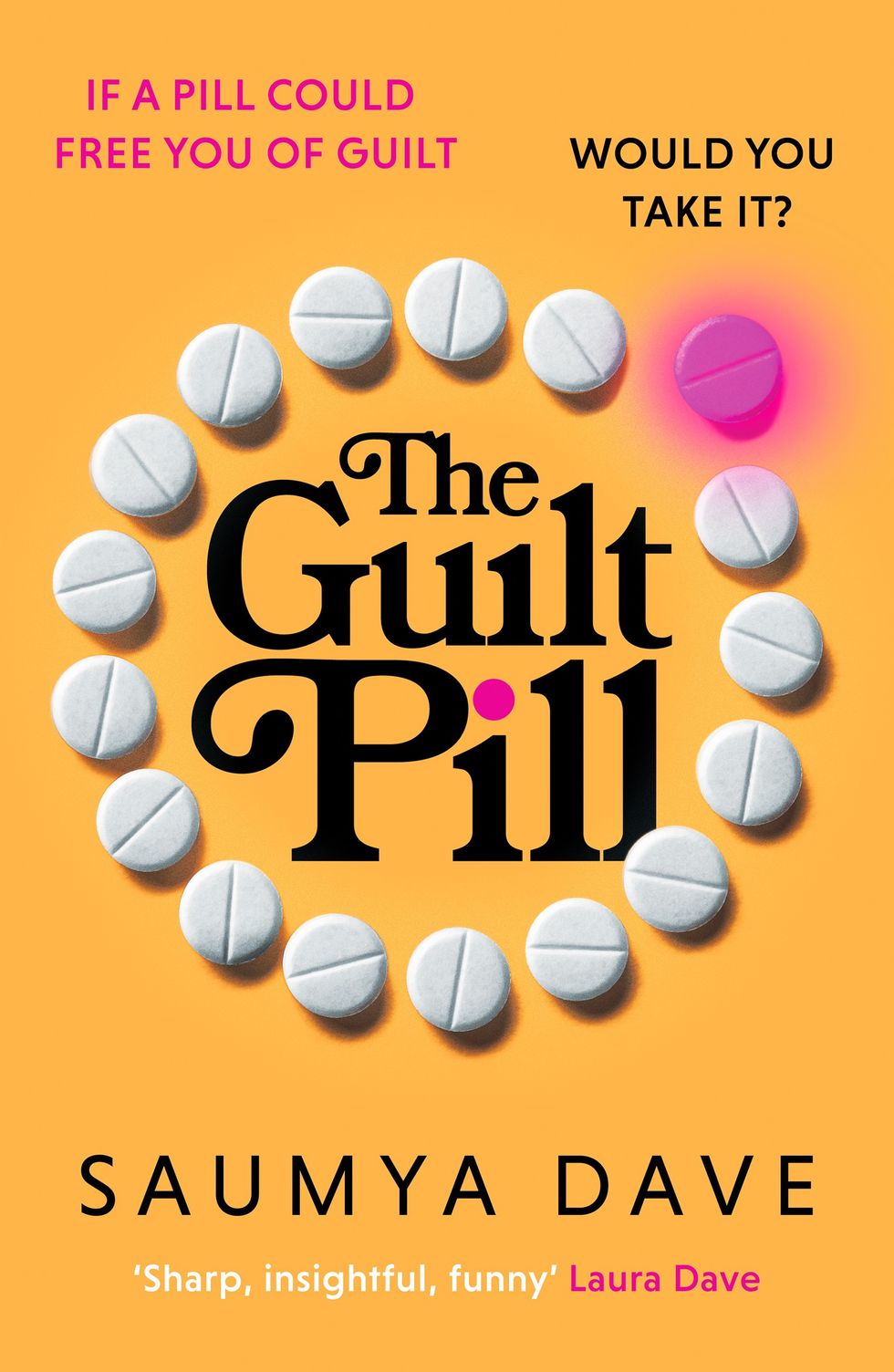 'The Guilt Pill' her latest booksaumyadave.com
'The Guilt Pill' her latest booksaumyadave.com











 Milli Bhatia
Milli Bhatia
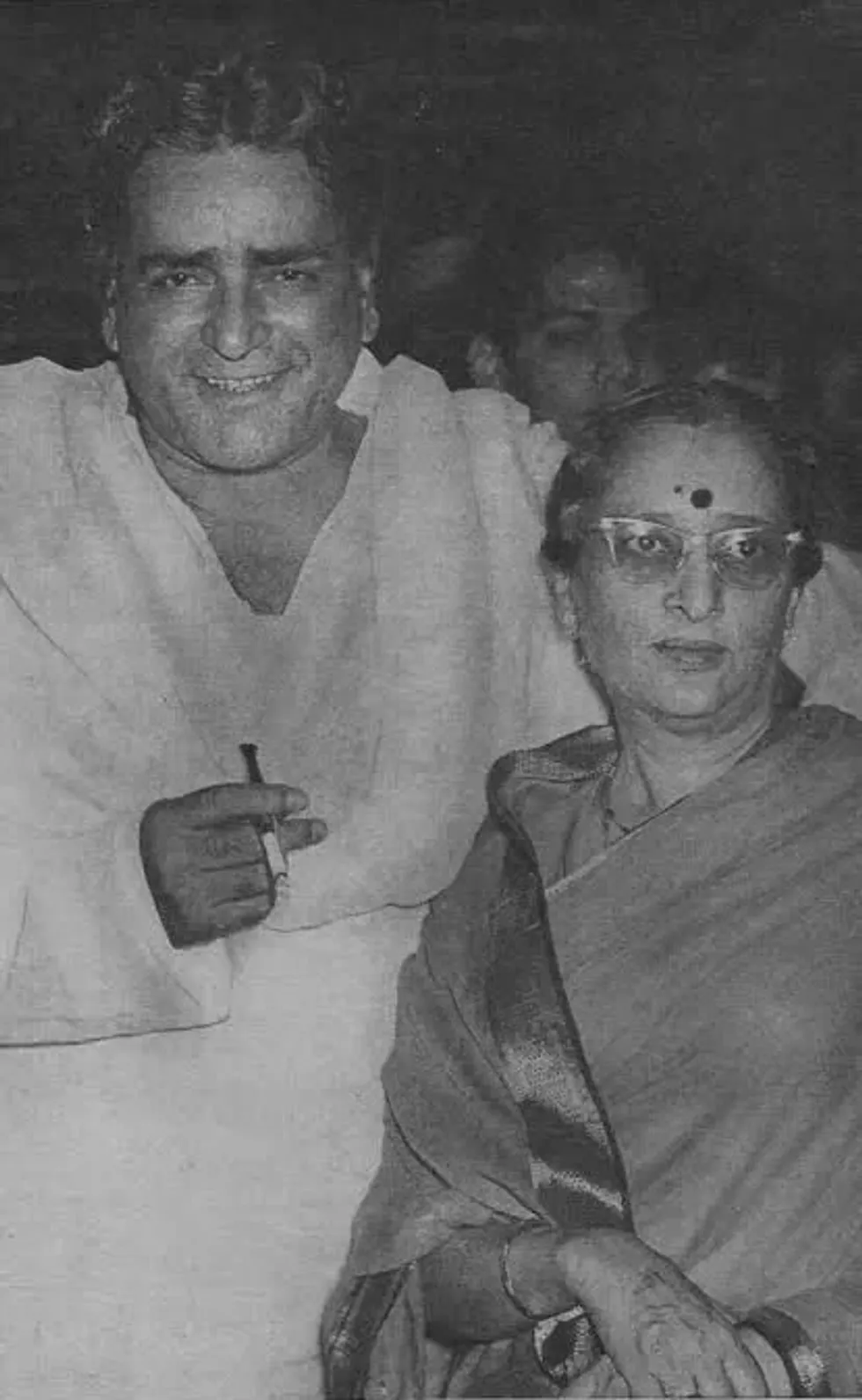 Prithviraj Kapoor and Ramsarni Mehra Reddit/ BollyBlindsNGossip
Prithviraj Kapoor and Ramsarni Mehra Reddit/ BollyBlindsNGossip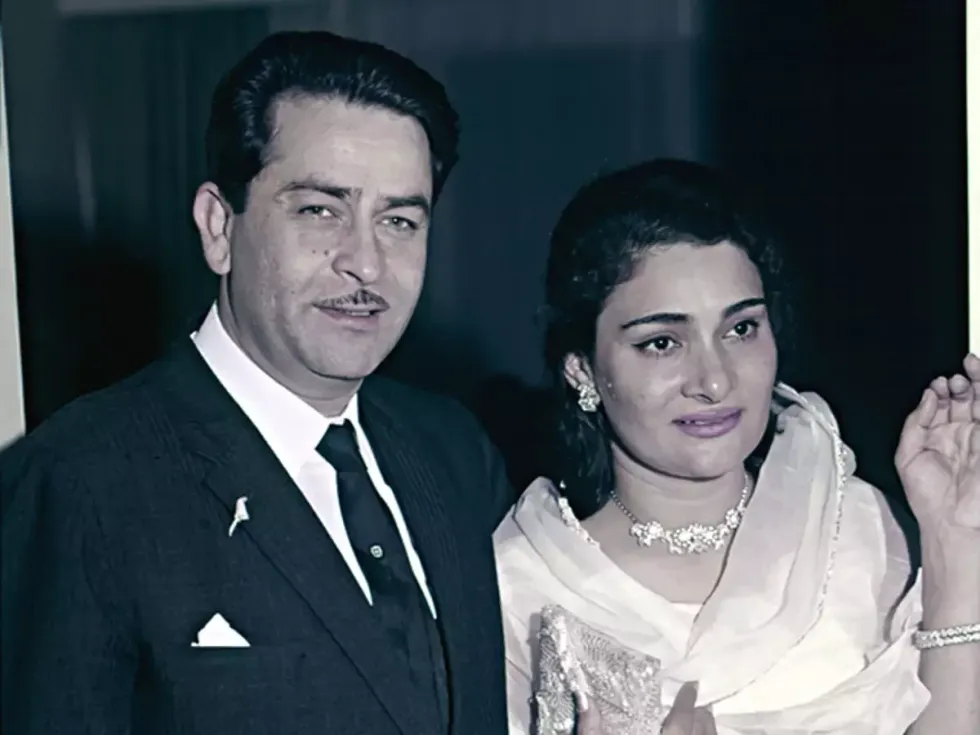 Raj Kapoor and Krishna MalhotraABP
Raj Kapoor and Krishna MalhotraABP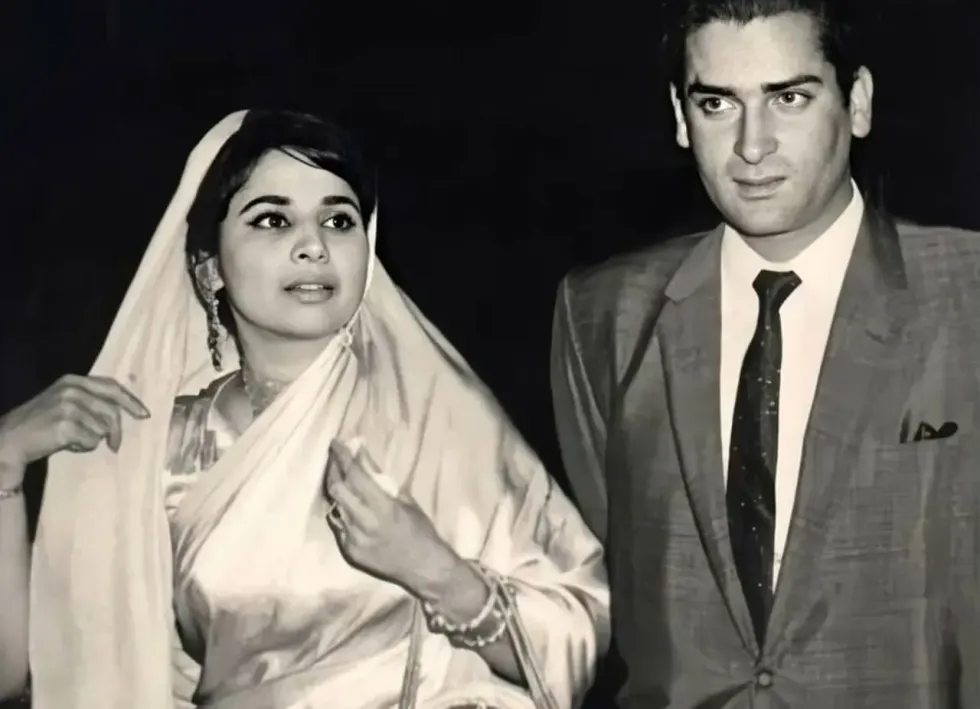 Geeta Bali and Shammi Kapoorapnaorg.com
Geeta Bali and Shammi Kapoorapnaorg.com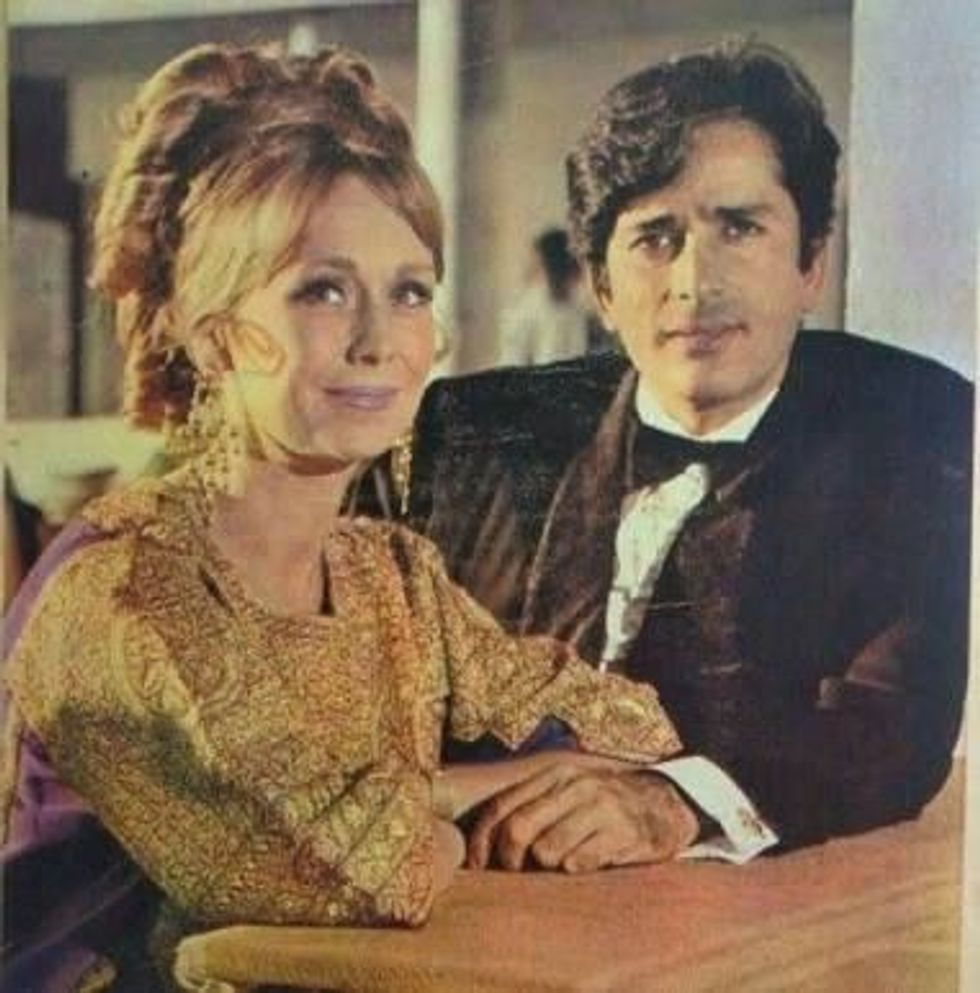 Jennifer Kendal and Shashi KapoorBollywoodShaadis
Jennifer Kendal and Shashi KapoorBollywoodShaadis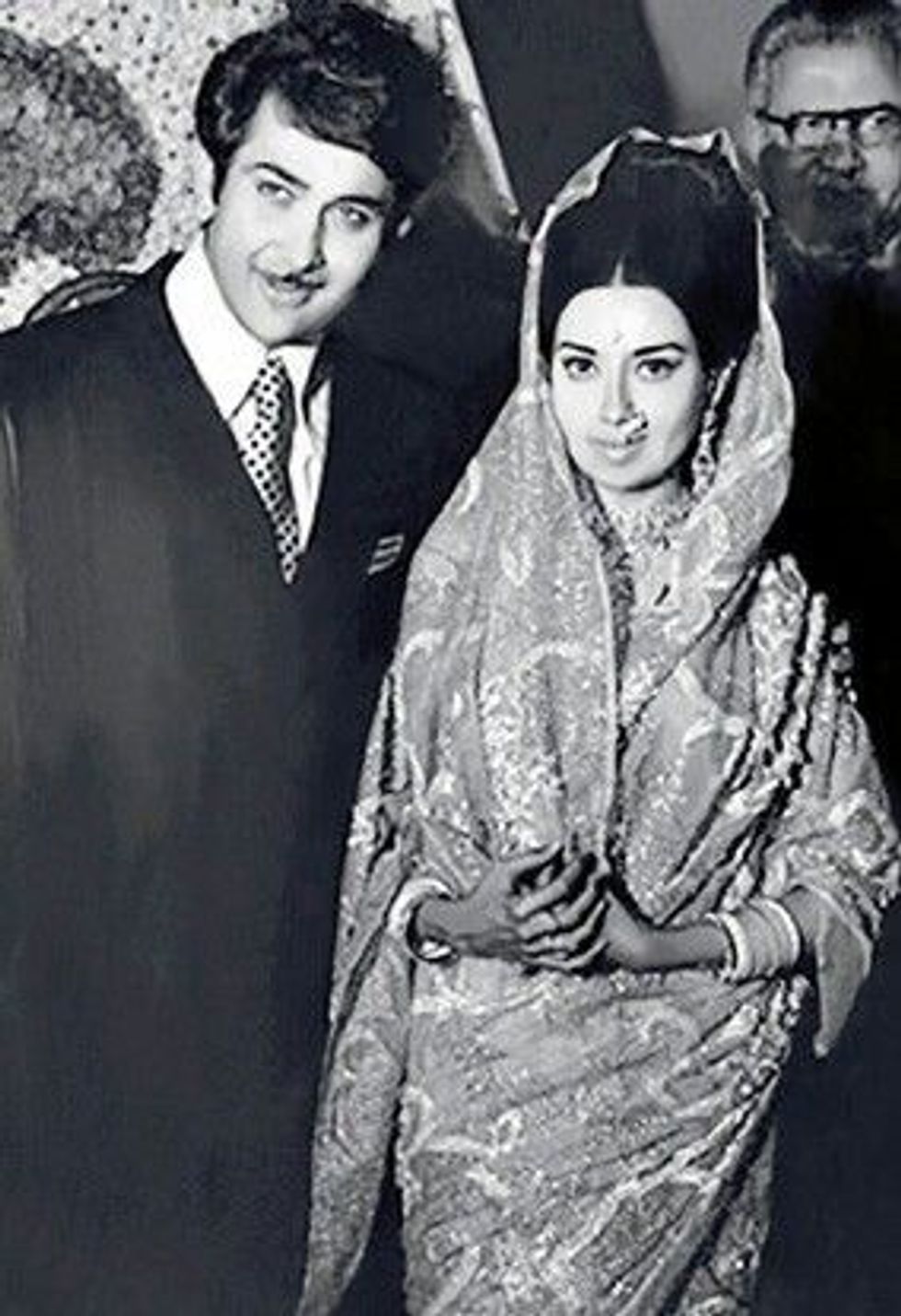 Randhir Kapoor and Babita BollywoodShaadis
Randhir Kapoor and Babita BollywoodShaadis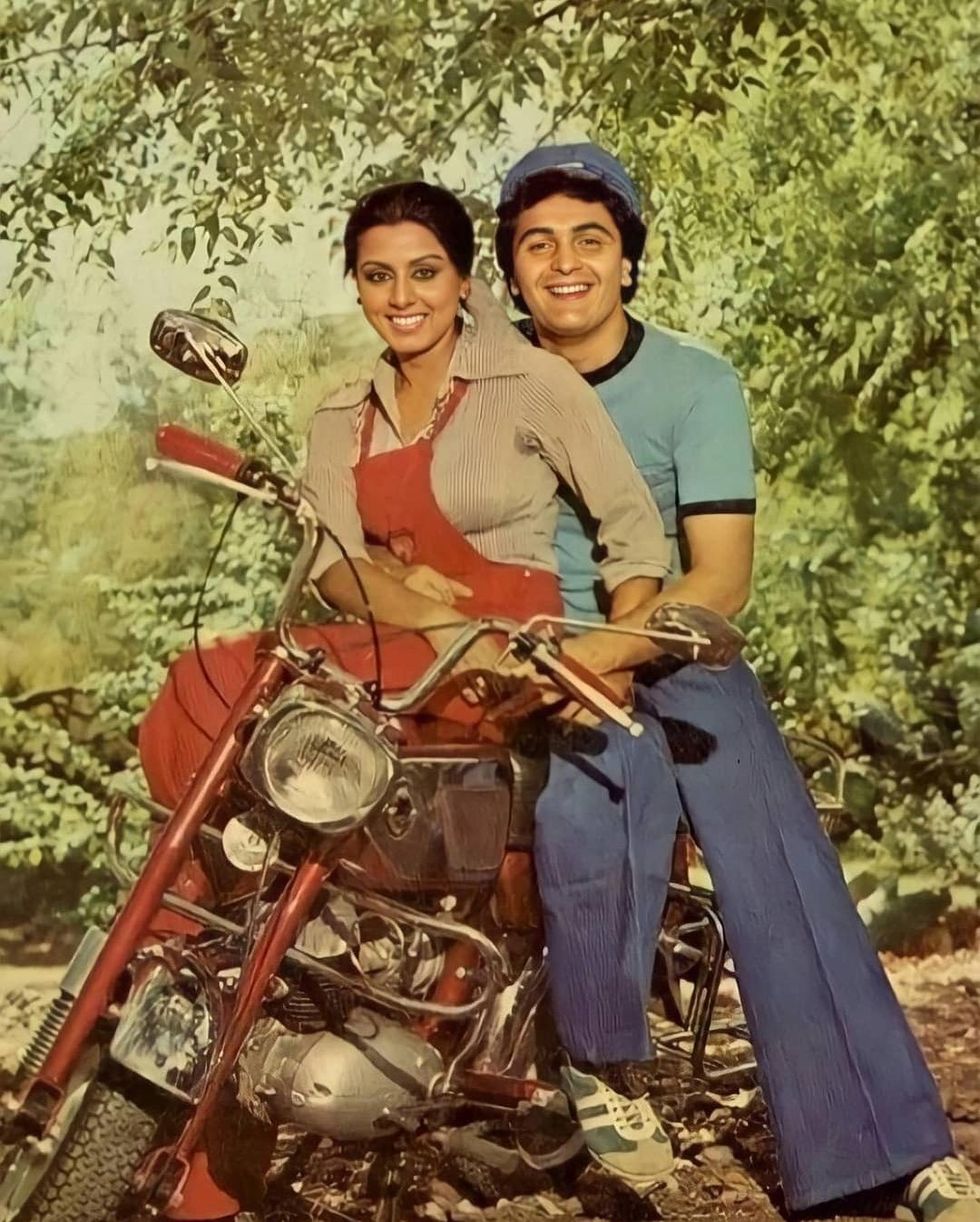 Neetu Singh and Rishi KapoorNews18
Neetu Singh and Rishi KapoorNews18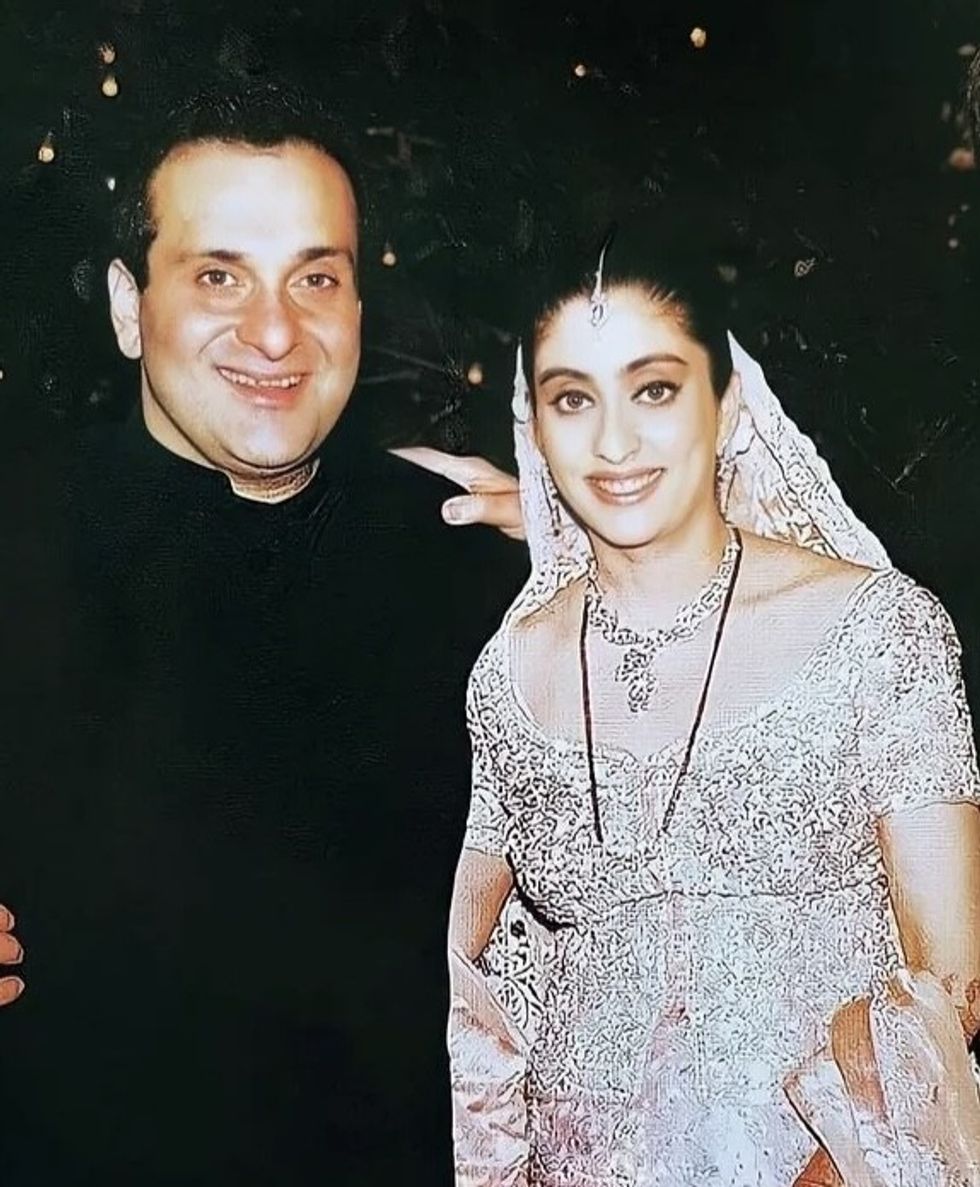 Rajiv Kapoor and Aarti Sabharwal Times Now Navbharat
Rajiv Kapoor and Aarti Sabharwal Times Now Navbharat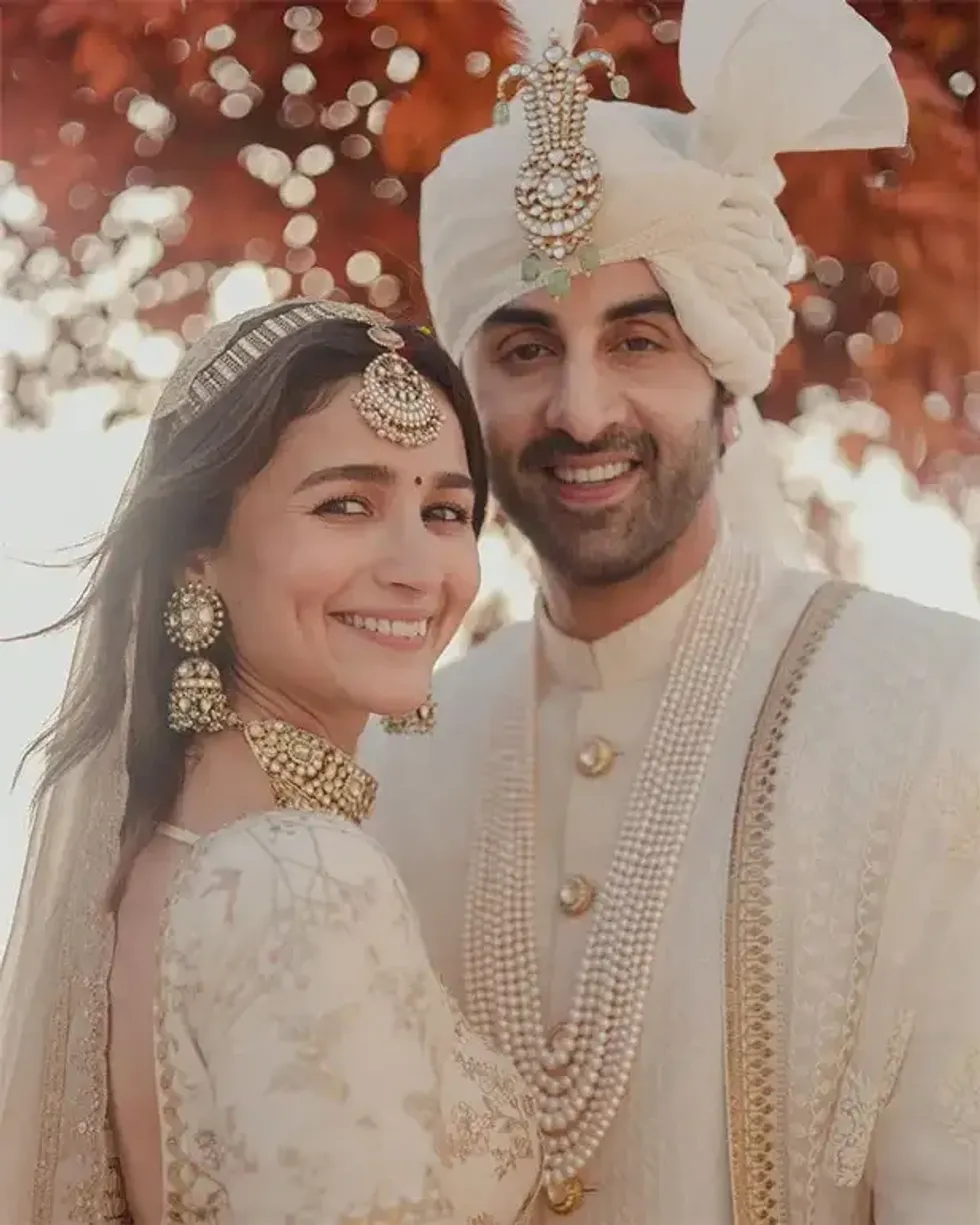 Alia Bhatt and Ranbir KapooInstagram/ aliaabhatt
Alia Bhatt and Ranbir KapooInstagram/ aliaabhatt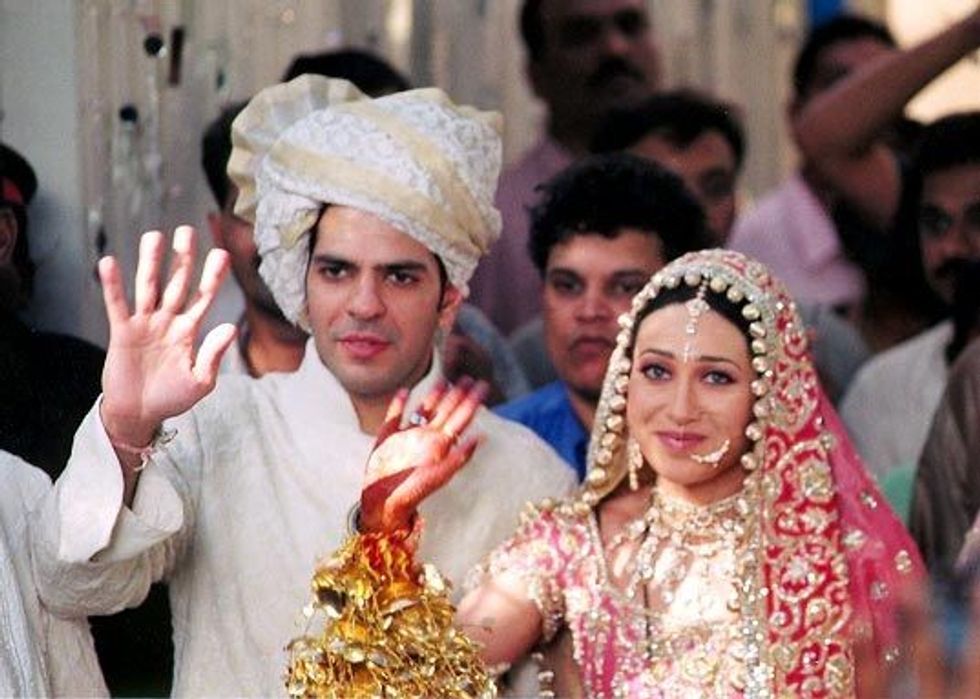 Sunjay Kapur and Karisma KapoorMoney Control
Sunjay Kapur and Karisma KapoorMoney Control
 The real Aurangzeb, the sixth Mughal emperor
The real Aurangzeb, the sixth Mughal emperor Protesters burn a poster of Aurangzeb demanding the removal of his tomb in Nagpur in March
Protesters burn a poster of Aurangzeb demanding the removal of his tomb in Nagpur in March Akshaye Khanna as Aurangzeb
Akshaye Khanna as Aurangzeb Raj Thackeray
Raj Thackeray